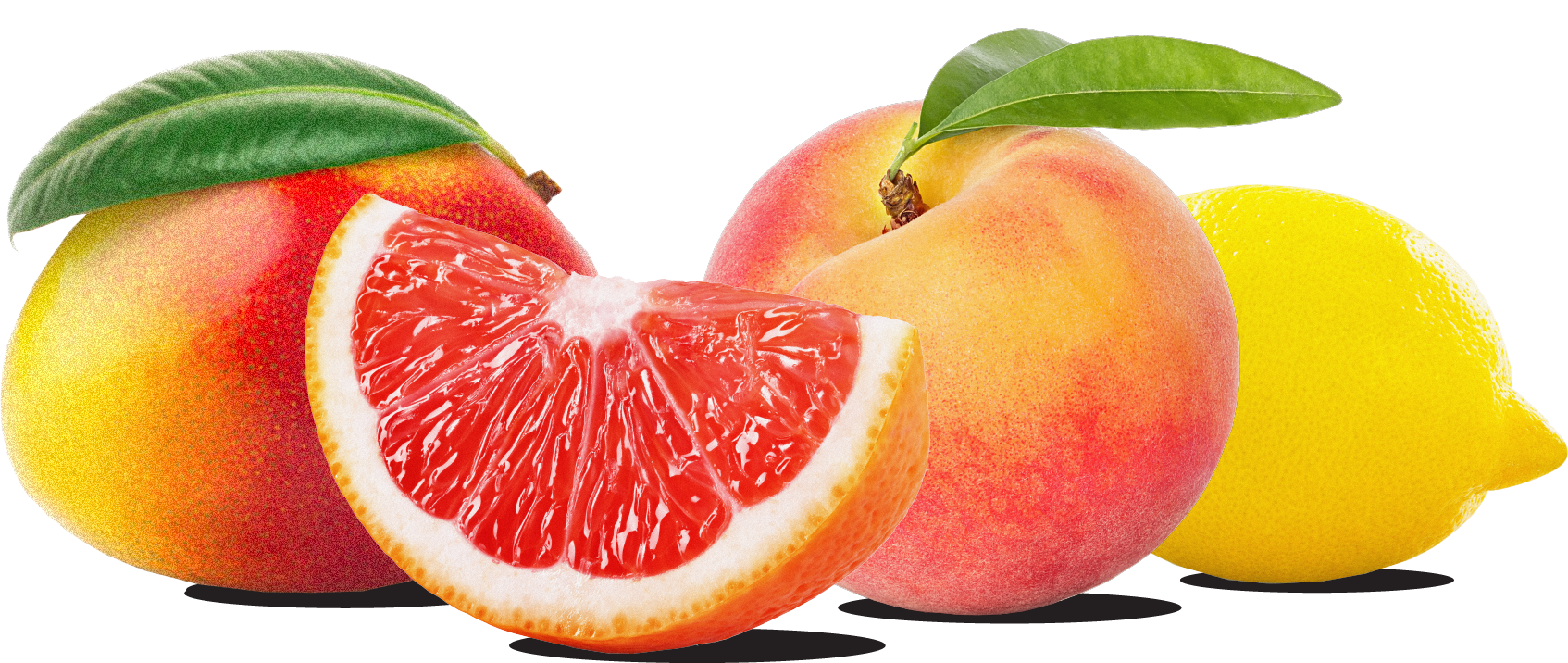Everything You Need to Know About Vitamin B12
Due to the rise in popularity of plant-based diets, awareness of the importance of vitamin B12 has also increased. But if you’re not sure whether B12 is something you need to factor into your diet and supplement regime, Get More Vits are here to help.
In this article, we will explore the following:
-
Who should take vitamin B12
-
The benefits of vitamin B12
-
Sources of vitamin B12
-
Why you might be deficient in vitamin B12?
-
Is vitamin B12 deficiency common?
Who Should take Vitamin B12?
Vitamin B12 is a water-soluble vitamin, also known as cobalamin and is involved in the metabolism of every single cell in the human body. Some people may have a higher risk of deficiency and should consider supplementing, including:
-
Vegetarians and Vegans – B12 is primarily found in animal-based foods so veggies and vegans should consider supplementing and/or include fortified products.
-
Older Adults: As we age, our ability to absorb vitamin B12 from food decreases, putting us at higher risk of deficiency, so supplementing can help maintain adequate levels.
-
People with Gastrointestinal Disorders: Some conditions such as pernicious anaemia, or those affecting the small intestine - celiac and Crohn's disease, can impair the body's ability to absorb B12 from food.
-
Those on Certain Medications: Proton pump inhibitors (used to reduce stomach acid) and the diabetes medication metformin can interfere with B12 absorption, and long term users may need B12 supplementation.
-
Pregnant and Breastfeeding Women: have an increased need for B12, both for their own health and the growth and development of their babies.
-
People with Certain Health Conditions: or who have undergone medical procedures that affect nutrient absorption may be prescribed B12 by their healthcare provider.
Why do we need Vitamin B12?
Vitamin B12 is particularly important for the normal functioning of the nervous system. It is also a co-factor in DNA synthesis and in the metabolism of fatty acids and amino acids – helping us to release energy from our food.
The Benefits of Vitamin B12
-
Energy Production: B12 plays a vital role in the metabolism of carbohydrates, proteins, and fats, converting them into energy. Adequate B12 levels can help combat fatigue and increase overall energy levels.
-
Nervous System Support: Essential for the proper functioning of the nervous system, B12 helps maintain healthy nerve cells and supports cognitive function and mental clarity.
-
Red Blood Cell Formation: Red blood cells carry oxygen throughout the body, sufficient levels of B12 can prevent anaemia and maintain healthy blood circulation.
-
Involved in DNA Synthesis & Cell Division: contributing to the growth and repair of body tissues.
-
Heart Health: B12, along with folate, helps lower homocysteine levels in the blood, which is associated with a reduced risk of cardiovascular disease.
-
Mood and Mental Health: Adequate B12 levels are linked to better mood regulation and reduced risk of depression and anxiety.
Sources of Vitamin B12
As we’ve mentioned, B12 is mostly found in animal-based produce, so veggies and vegans need to include fortified foods or supplement.
Food sources
-
Meat: Beef, pork, lamb, and poultry
-
Fish: Salmon, tuna, sardines, trout, and haddock
-
Dairy products: Milk, cheese, yogurt
-
Eggs
-
Vegan sources: mushrooms, nori seaweed, spirulina and chlorella
-
Fortified foods: Breakfast cereals, plant-based milks, nutritional yeast
Supplements
We have a range of drinks and supplements for all your B12 needs.
| Our Pink Grapefruit Vitamin B12 drink not only provides a refreshing fruity way to hydrate but it also provides 200% of the daily recommended dose of B12! SHOP NOW |
|
|
Want a quick and easy way to get 400% of your daily recommended dose of B12? Our orange flavoured Oral Spray is the perfect solution. |
|
|
Enjoy the convenience of our one-a-day tablets, with 40,000% of your daily recommended intake of B12 in just one tablet. |
Why Might I Be Deficient in Vitamin B12?
Vitamin B12 deficiency is more common in the groups of people we’ve mentioned but can also depend on dietary habits and lifestyle.
-
Dietary Intake: Not consuming enough B12-rich foods, especially in strict vegetarian or vegan diets.
-
Impaired Absorption: As discussed, certain health conditions can hinder B12 absorption.
-
Long-term use of certain medications
-
Ageing: reduces our ability to absorb B12 from food.
Is Vitamin B12 Deficiency Common?
Deficiency and low levels of B12 are fairly common and may go unnoticed.
Signs to look out for include
|
|
Left untreated, B12 deficiency can lead to anaemia, nervous system damage, fertility issues, bone and heart disease so if you have concerns about your vitamin B12 levels, speak to your GP.
 |
Author |






